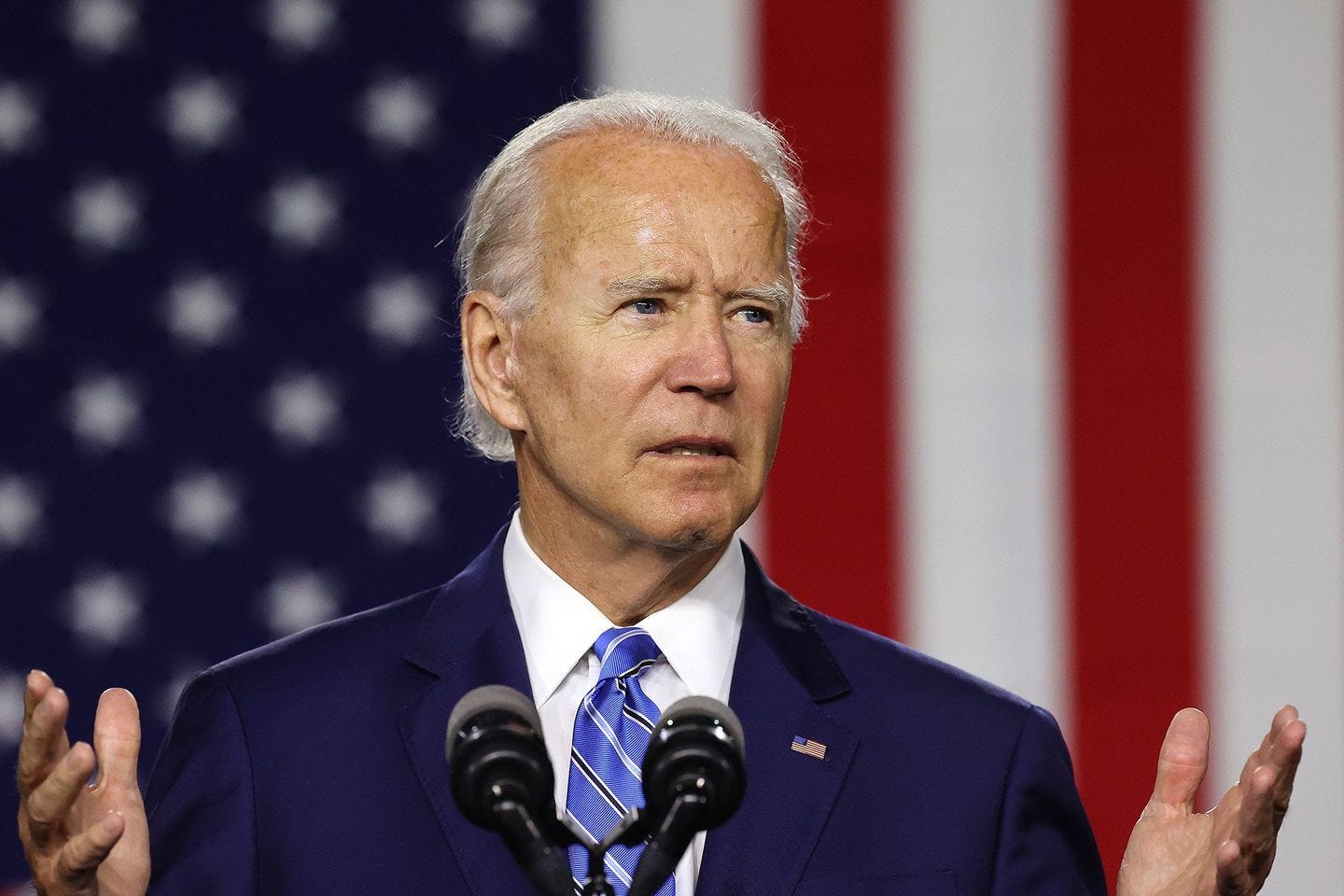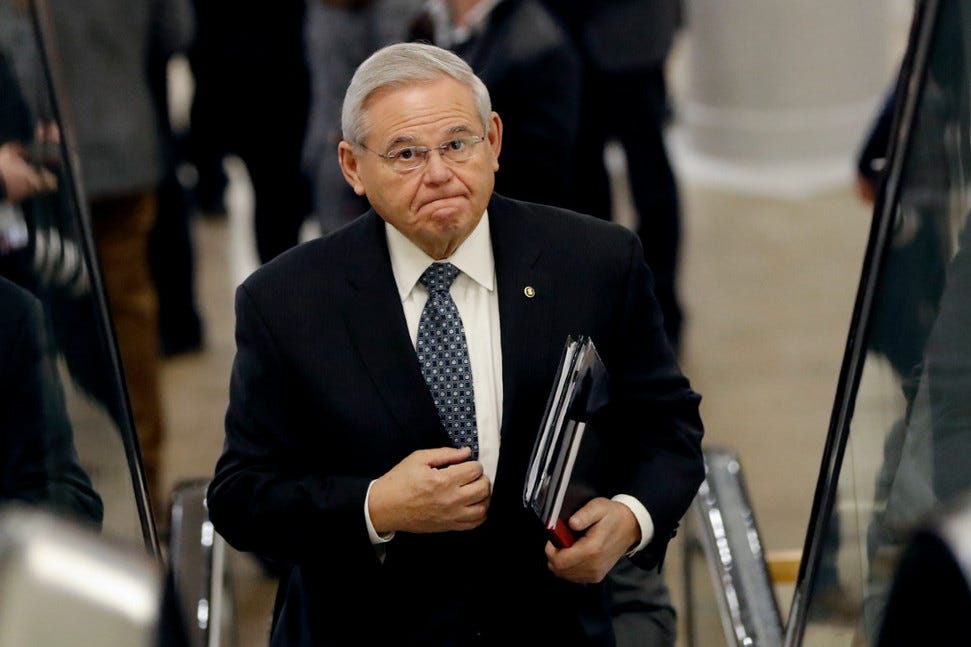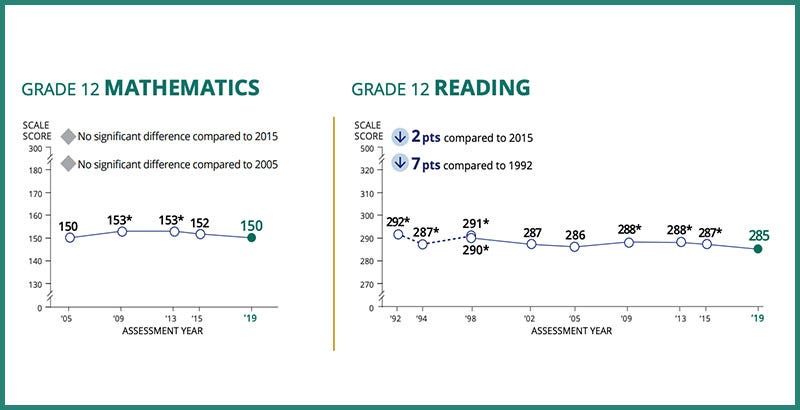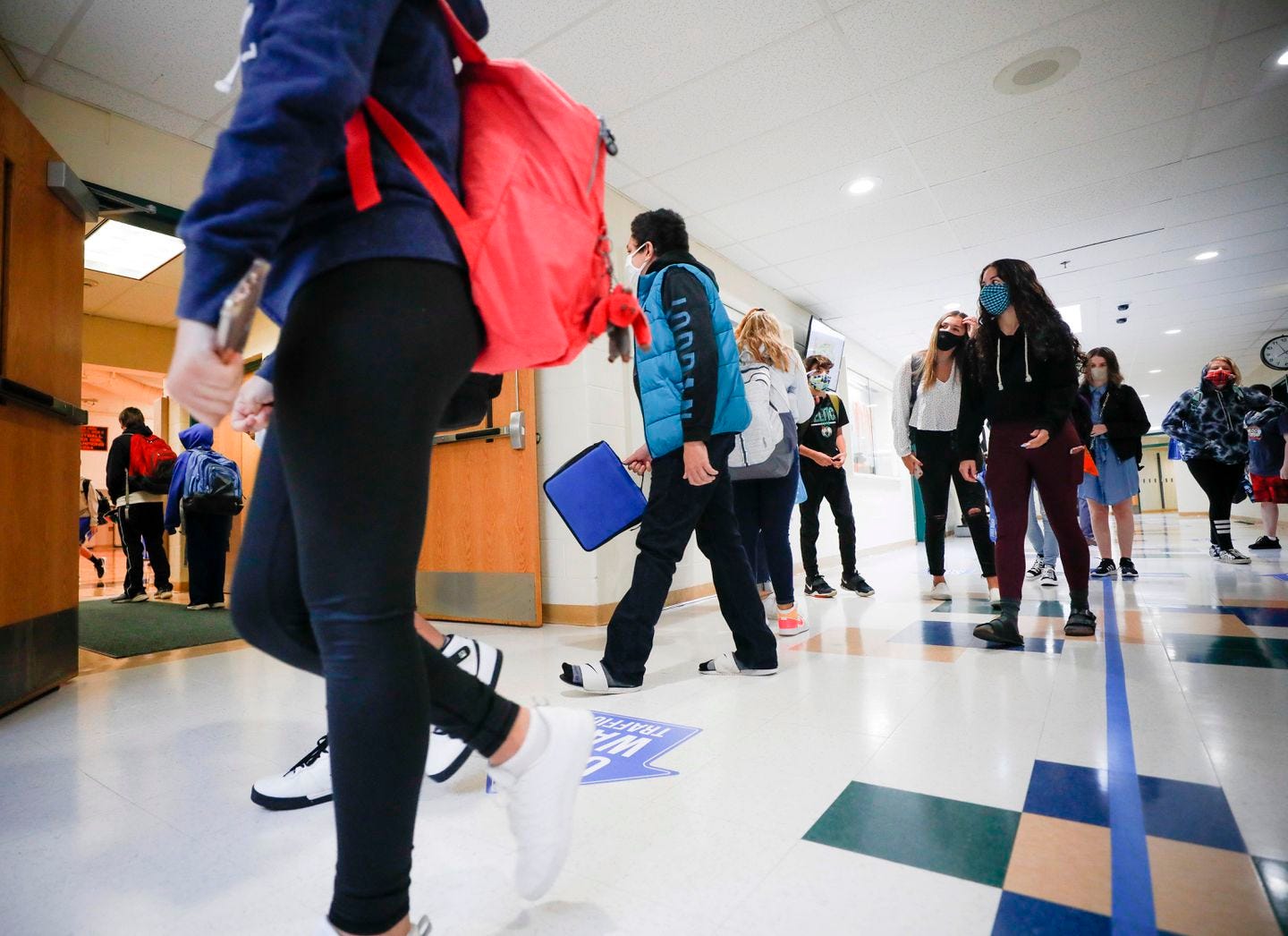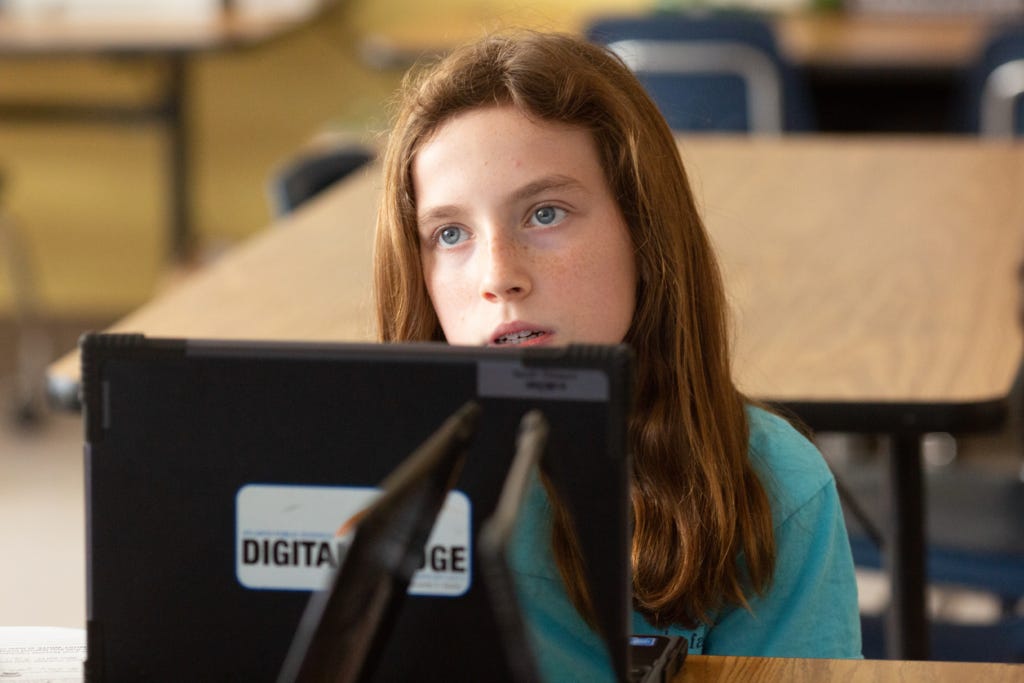Where were you on Tuesday, November 8th, 2016? That fall I was implementing a school-based intervention aimed at strengthening school-home relationships for Latinx families. The school-year started with building trust, transparency, and honoring perspectives. We planned to move towards establishing common ground and lines of communication that would weave together the fabric of students’ home and school lives. Then, the election happened. Everything stopped and our community was left feeling uncertain and unsafe.
Our weekly meetings evolved from intervention-specific routines into listening sessions for scared and upset families. At that time, school leaders were responding to harmful threats towards Black and Brown students and many of us experienced turmoil and disintegration in our own homes and amongst our own families. There was a turning point for me when my mentor and Chair of the State Board of Education shared a bold and powerful statement to our leaders:
“In the context of an election that has heightened divisive political rhetoric, our shared commitment to inclusion presses us to give space to, and respect, multiple viewpoints… It is not a political act to support each other, to offer kind words, or to listen.”
Today, I am feeling resolute because I am deeply committed to the well-being of my family, neighbors, and community - no matter what outcome we experience this week. My work as a social servant, education leader, and mother, bold and strong, will continue. As I move into this week, and another four years, I am looking forward to reaffirming my commitment to this work with you all and hope you will find resolve together.
FEDERAL FUNDING AND NATIONAL POLICY
Many federal leaders and policymakers are bracing for the impact of a variety of outcomes as a result of the election. Congresswoman Hayes (CT-D) and colleagues introduced the Save Education Jobs Act of 2020 to fund the education workforce in both the short and long term with a $216B investment over 10 years. Education Reform Now’s Shavar Jeffries threw his weight behind Biden’s education plan that poses policies to triple fund Title I, fully fund IDEA, and reduce college debt. These federal investments in education will mitigate the longterm impact our students and educators will feel as a result of the catastrophic hit education took in state and local budgets. In the same vein, Pelosi released a letter to Mnuchin to establish the areas in which our country and citizens are still missing fiscal support from the feds. The tension between federal scaffolding and state governance and authority over education is real and purposeful; it exists to protect our diverse, local communities. In addition, we must advocate for additional broad support at the federal level to establish a fiscal safety net around our communities.
“The tension between federal scaffolding and state governance and authority over education is real and purposeful; it exists to protect our diverse, local communities.” #edpolicy from the https://edpolicyhotlist.substack.com/
POLITICS
American politics play a central role in American education. State and local boards make decisions about funding, resource allocation, and human capital and local politics is a constant mediator. Unfortunately, students are often left out of the local electoral events and civil debates that define the world in which they are educated. Paul Hill and Ashley Jochim illustrate that “the pre-COVID school system was a product of years of small deals... these deals reflect the politics of days gone by. Today’s politics are very different.” A federal plan for our public education system must be able to meet the needs of today’s challenges and the future needs of our students, including more specialized and exceptional educational opportunities.
“A federal plan for our public education system must be able to meet the needs of today’s challenges and the future needs of our students, including more specialized and exceptional educational opportunities.” #edpolitics from the https://edpolicyhotlist.substack.com/
Five Questions State Boards Should Ask about Civics Education Reform (NASBE)
Can public education return to normal after the COVID-19 pandemic? (Brookings)
Meet the senators who will be in charge if Dems win the Senate (Politico)
ASSESSMENT AND ACCOUNTABILITY
The USED Office of the Inspector General says they face critical management challenges this upcoming year like coordinating CARES Act funding, data quality, and reporting. These challenges are not unique to USED, as many state and district leaders are facing similar complexities during the pandemic. The closer we get to January the more we need to make critical decisions about whether and how to assess our students in spring. Summative testing is divisive any year, but this year it is especially discordant. That said, many districts are making gains by measuring other variables like how schools are meeting their students’ needs. Now is a time for us to pivot and refine the ways we include stakeholders in testing, reporting, and policy formulation.
“Now is a time for us to pivot and refine the ways we include stakeholders in testing, reporting, and policy formulation.” #familyengagement from the https://edpolicyhotlist.substack.com/
REOPENING SCHOOLS
Getting back to in-person learning will require, among a long list of many variables to align, a scaled, rapid-testing program for COVID-19. Along the same vein, Secretary Betsy Devos released an extensive tweet thread this week citing a number of research and public press pieces about the tradeoffs of in-person learning. In addition, Biden released his plan for reopening schools that included an investment to close the homework gap and a grant challenge to encourage states to adopt evidence-based policy recommendations.
Secretary Devos Tweet Thread on In-Person Learning (Twitter)
A Google Doc of news articles, reports, & research on school reopening (Sarah Cohodes)
Chicago Public Schools asks parents to weigh in on district’s reopening plans (WGNTV)
ONLINE LEARNING
According to a new Pew Research Center Survey the perceptions of teaching and learning between parents whose children are learning online versus in-person are very different: 56% of in-person learning parents are very to somewhat concerned, compared to nearly 70% of online learning parents. One may infer that these findings reveal possible differences in transparency and communication between the online and in-person learning environments. The Office of Educational Technology released a family communication tool last week offering bite-sized information for parents about the benefits, challenges, and safety of digital learning. This information is critical at a time when parents are experiencing new learning curves in advocating for their children. A new study found that 22% of families incurred financial costs to support remote learning and only 59% of school-based services continued through remote learning during the pandemic.
“information is critical at a time when parents are experiencing new learning curves in advocating for their children. A new study found that 22% of families incurred financial costs to support remote learning” #educovid #edpolicy from the https://edpolicyhotlist.substack.com/
Parent and Family Digital Learning Guide (Office of Educational Technology)
4 ways leaders are keeping teachers motivated through pandemic disruption (Education Dive)
EARLY CHILDHOOD EDUCATION
States are considering long-term cuts to spending, especially on education. In response, the National Head Start Association released actionable and affordable state policies to fund early childhood education. For example, they suggest that states directly allocate funds to Head Start slots at the local level or consider establishing cross-sector coordination systems for family education and outreach. Early childhood education is valued across communities because it is a service that all families rely on at some point. A new Brookings report explained that “economically advantaged and disadvantaged parents of young children share more similar parenting behaviors and goals today than ever before,” in this way the pandemic may have pulled us closer together.
A new @BrookingsInst report explained that “economically advantaged and disadvantaged parents of young children share more similar parenting behaviors and goals today than ever before,” in this way the pandemic may have pulled us closer together. #ECE from the https://edpolicyhotlist.substack.com/
UPCOMING EVENTS
Wednesday, November 4 (10:00 EST) AEI webinar What will the 2020 election mean for education?
Thursday, November 12 (2:00 PM EST) Advance CTE webinar on The State of CTE: An Analysis of State Perkins V Priorities.
Thursday, November 12 (5:00 PM EST) Bright Horizons and the National Head Start Association are hosting an event on promoting Black and Brown leaders in ECE.
Dr. Christine M. T. Pitts serves as Manager of Research and Evaluation at Portland Public Schools. As an Oregonian, raised by a multicultural family of educators, she brings a decade of progressive strategic leadership experience, a transformative vision, and analytic skill to crafting state education policy. An educator and researcher by training, she has conducted legislation, governance, and policy analyses on a wide array of education issues using social network analysis and mixed methods research. In addition, Dr. Pitts is a facilitative leader who deeply understands and co-constructs local and national partnerships and convening across stakeholder groups. Dr. Pitts currently coordinates between state and national policy leaders to investigate and advocate for policies that prioritize equity in education. Christine lives with her husband and four children in Portland, Oregon. Follow her on Twitter @cmtpitts.






